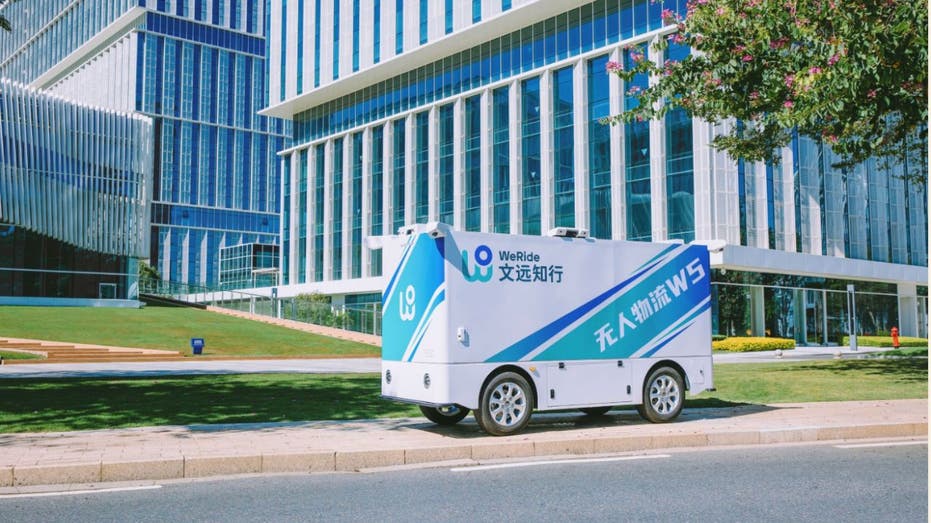- by foxnews
- 10 Mar 2025
Is your VPN enough without antivirus protection?
VPNs ensure privacy; antivirus stops malware. Tech expert Kurt "CyberGuy" Knutsson says both are essential for online security.
- by foxnews
- 01 Jan 2025
- in technology

As cyber threats continue to evolve and become more sophisticated, many people like yourself are seeking effective ways to safeguard their online presence. That includes Keith from Lisbon, Iowa, who asked, "If I have a VPN, do I still need an antivirus app?"
The answer is a resounding yes. While a VPN (virtual private network) provides crucial privacy and security benefits, it doesn't protect your device from malware, viruses or other cyber threats. Let's get into why you need both and how they complement each other to provide comprehensive digital security.
To achieve comprehensive online security, it's crucial to understand the distinct yet complementary roles that VPNs and antivirus software play in protecting your digital life.
A VPN is your first line of defense for online privacy and security. It works by:
1) Encrypting your internet connection: This makes it extremely difficult for hackers, ISPs or other third parties to intercept and read your data.
2) Masking your IP address: By hiding your real IP address, a VPN allows you to browse the internet anonymously, making it harder for websites and advertisers to track your online activities.
3) Bypassing geo-restrictions: VPNs can help you access content that might be blocked in your region, giving you more freedom online.
While a VPN protects your online activities, antivirus software focuses on defending your device itself. Here's what antivirus does:
1) Malware detection and removal: Antivirus software scans your device for viruses, trojans, spyware and other malicious software, then removes or quarantines these threats.
2) Real-time protection: Modern antivirus programs continuously monitor your system, preventing malware from infecting your device in the first place.
3) Phishing protection: Many antivirus solutions include features that block malicious websites and warn you about potential phishing attempts.
VPNs and antivirus software serve different but complementary purposes in your digital security arsenal.
Antivirus protects your device: It guards against threats that could compromise your device's security, regardless of how they reach your system. Therefore, it's important to have strong antivirus software actively running on your devices. Antivirus software helps protect your devices from malware, viruses and other security threats. Regularly update the software to ensure it can detect and remove the latest threats.
By using both a VPN and strong antivirus software, you create a robust defense system that protects both your online activities and your device itself.
Remember, Keith and the rest of you: Cybersecurity is not about choosing between a VPN and antivirus; it's about leveraging both to create a multi-layered defense against the ever-evolving landscape of online threats. Combining these two powerful tools allows you to enjoy a safer, more secure and more private online experience.
Follow Kurt on his social channels:
Answers to the most asked CyberGuy questions:
New from Kurt:
Copyright 2024 CyberGuy.com. All rights reserved.
- by foxnews
- descember 09, 2016
Ancient structure used for cult 'rituals' discovered by archaeologists
A Neolithic Timber Circle was discovered by archeologists in Denmark resembling the historical landmark Stonehenge in the U.K. It is open to be viewed by the public.
read more





